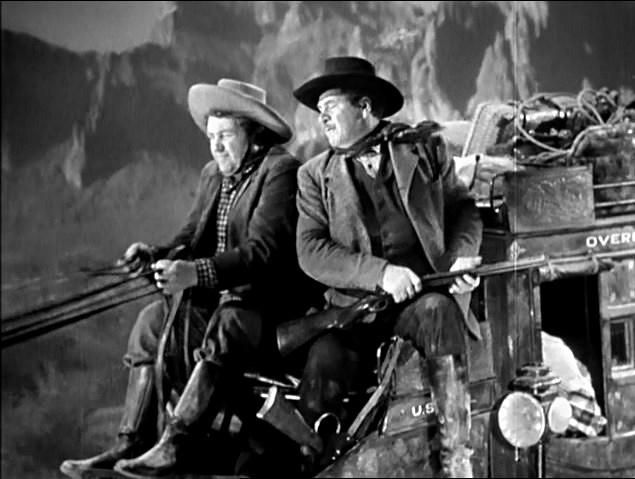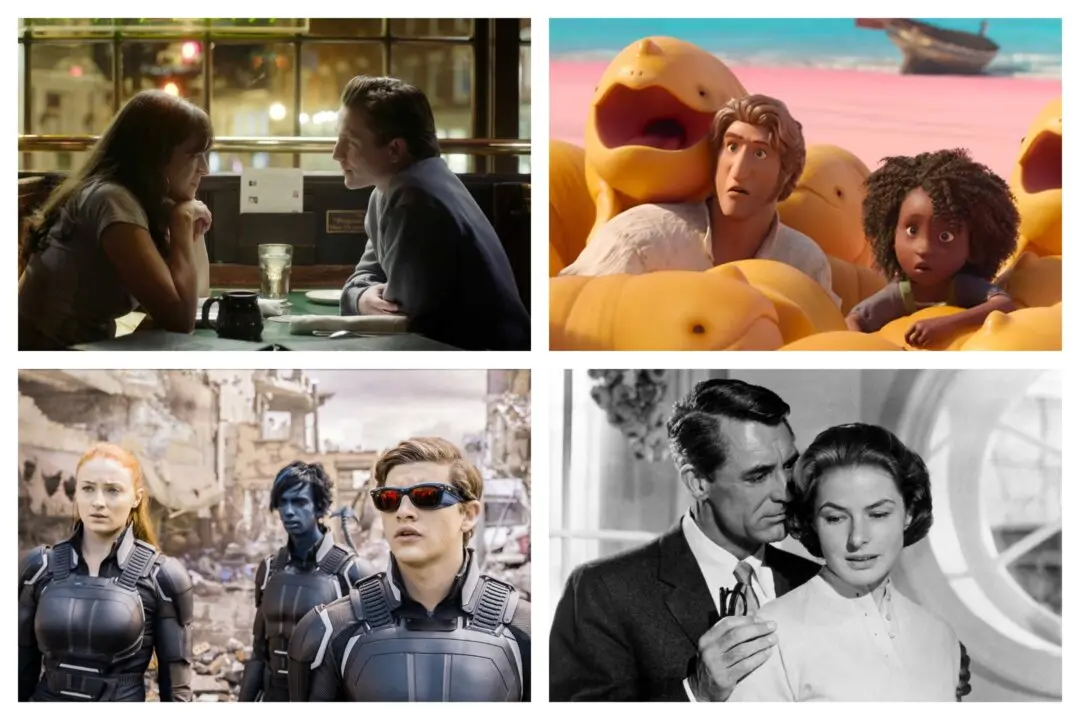Passed | 1h 36min | Adventure, Drama, Western | 3 March 1939 (USA)
The 1930s marked the beginning of the film industry’s “Golden Age of Hollywood,” which lasted well into the 1940s. Part of that distinction was due to technological breakthroughs. After all, silent pictures began to give way to the “talkies,” color films began to gain ground (although they were still relatively expensive to produce), and many genres, such as crime, drama, and romance, showed a deeper sense of sophistication. However, Westerns were rarely considered “serious” films and largely remained cheaply made and unrefined—until the highly revered film auteur John Ford saw potential in the unrecognized B-movie actor John Wayne, and they teamed up to make 1939’s “Stagecoach,” revolutionizing the Western genre forever.






